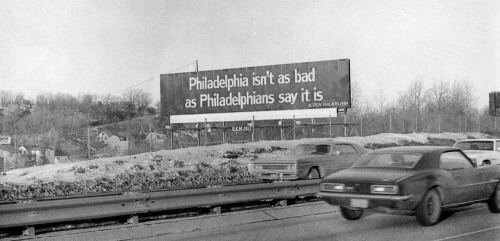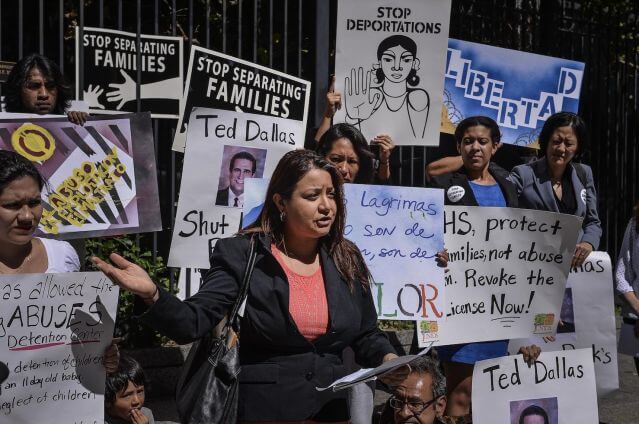A growing number of Philadelphians apparently love what’s happening in the City of Brotherly Love, according to the results of a new survey.
In its August 2016 survey, The Pew Charitable Trusts polled 1,600 people on such topics as the direction of the city, confidence in its leaders, the condition of its public schools. The results are in, and they are “among the most positive registered in the seven polls Pew has conducted in the city since 2009,” the nonprofit wrote inits summary. Half of the respondents said they feel their hometown is headed in the right direction, compared to 34 percent who said it’s on the wrong track. That’s an improvement from 2012, when only 39 percent said they thought the city was on the right track. Pew noted that those who expressed a positive opinion about the city’s direction response were most likely non-Hispanic white college graduates, over the age of 65 with household incomes over $100,000 and who have lived in the city for 10 years or less. Those more likely to view the city on the wrong track were Hispanics, African-Americans and those living below the poverty line. Respondents overwhelmingly said they felt “proud” of their city after it hosted two big-stage events: the visit of Pope Francis last September and the Democratic National Convention in July. The inconveniences the events created apparently had no effect on their opinion. Seventy-three percent said Philly should host more large-scale events. Mayor Jim Kenney also received overwhelming support: 53 percent of the respondents said they approve of the first-year mayor’s job performance. His 23 percent disapproval isthe lowest for a Philly mayor since Pew began the poll seven years ago. Philadelphians were less enthusiastic about City Council. Forty-four percent of those polled said they approve of the job the council is doing, compared to 37 percent disapproval, and the remaining 19 percent were unsure or refused to answer. The School District of Philadelphia fared even worse that the council. Forty-two percent of the respondents rated public schools as poor. Only 4 percent felt the school system was excellent and 18 percent rated public schools as good. Perhaps that explains why more than one-fifth of respondents between the ages 18-34 indicated schools and children’supbringing as a possible reason for them leaving the city.
More Philadelphians happy about their hometown, survey says

Reddit





























